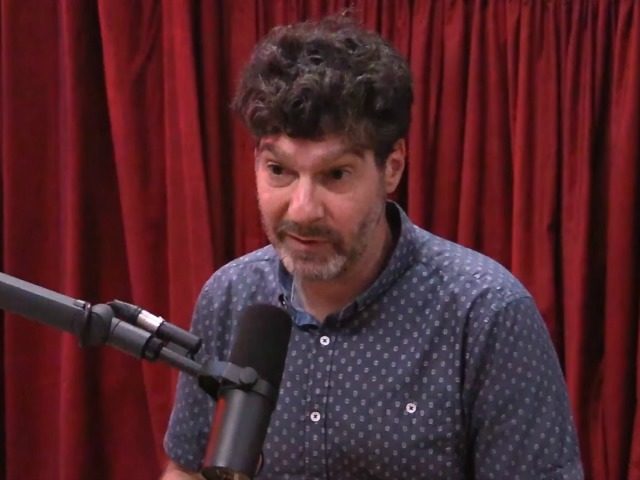Former Evergreen State College Professor Bret Weinstein argued that social justice activists behave like cultists in a testimony before Congress last week.
No campus protest has caught the media’s attention quite like the spring 2017 protests at Evergreen State College. The saga, which centered around progressive biology Professor Bret Weinstein, involved student protesters roaming campus with baseball bats, an intentional disarming of campus police, and the university president being held hostage by students.
And what sparked this? Weinstein’s polite disapproval of an activism event that Bari Weiss of the New York Times called “a day of racial segregation.” This is how Weinstein described the “Day of Absence” in a column for the Wall Street Journal.
Day of Absence is a tradition at Evergreen. In previous years students and faculty of color organized a day on which they met off campus—a symbolic act based on the Douglas Turner Ward play in which all the black residents of a Southern town fail to show up one morning. This year, however, the formula was reversed. “White students, staff and faculty will be invited to leave the campus for the day’s activities,” the student newspaper reported, adding that the decision was reached after people of color “voiced concern over feeling as if they are unwelcome on campus, following the 2016 election.”
Last week, Dr. Bret Weinstein spoke to the Committee on Oversight and Government Reform about the last year’s chaos at Evergreen State College.
Weinstein compared the behavior of social justice advocates to cult members during a portion of his remarks. “Am I alleging a conspiracy?” Weinstein began. “No. What I have seen functions much more like a cult in which the purpose is only understood by the leaders, and the rest have been seduced into a carefully architected fiction. Most of the people involved in this movement earnestly believe that they are acting nobly, to end oppression. Only the leaders understand that the true goal is to turn the tables of oppression.”
Dr. Weinstein’s remarks focused on the troubling influence of partisan movers on college campuses around the country. According to Weinstein, the issue is not necessarily about limits on free expression on campuses. Rather, the issue is the power and control that certain ideologues exercise over certain academic environments around the country.
“This committee should take my tale as cautionary,” Weinstein said. “Is there a free speech crisis on college campuses? One can certainly make that argument, but that portrayal is at least as misleading as it is informative. What is occurring on college campuses is about power and control — speech is impeded as a last resort, used when people fail to self-censor in response to a threat of crippling stigma and the destruction of their capacity to earn.”
Dr. Weinstein finished by arguing that Americans are hungry for honest and open debate. If the emerging trend of catering to student’s sensitivities carries over from the campus into the rest of society, it is likely that honest debate will start to evaporate altogether. “The electorate is starved for honest debate and for the good governance that follows from it,” Weinstein finished. “My advice to this body is to put the nation and its core values ahead of partisanship and join us in the center to end this cultish power-grab, and return us to a forward path as a nation.”

COMMENTS
Please let us know if you're having issues with commenting.